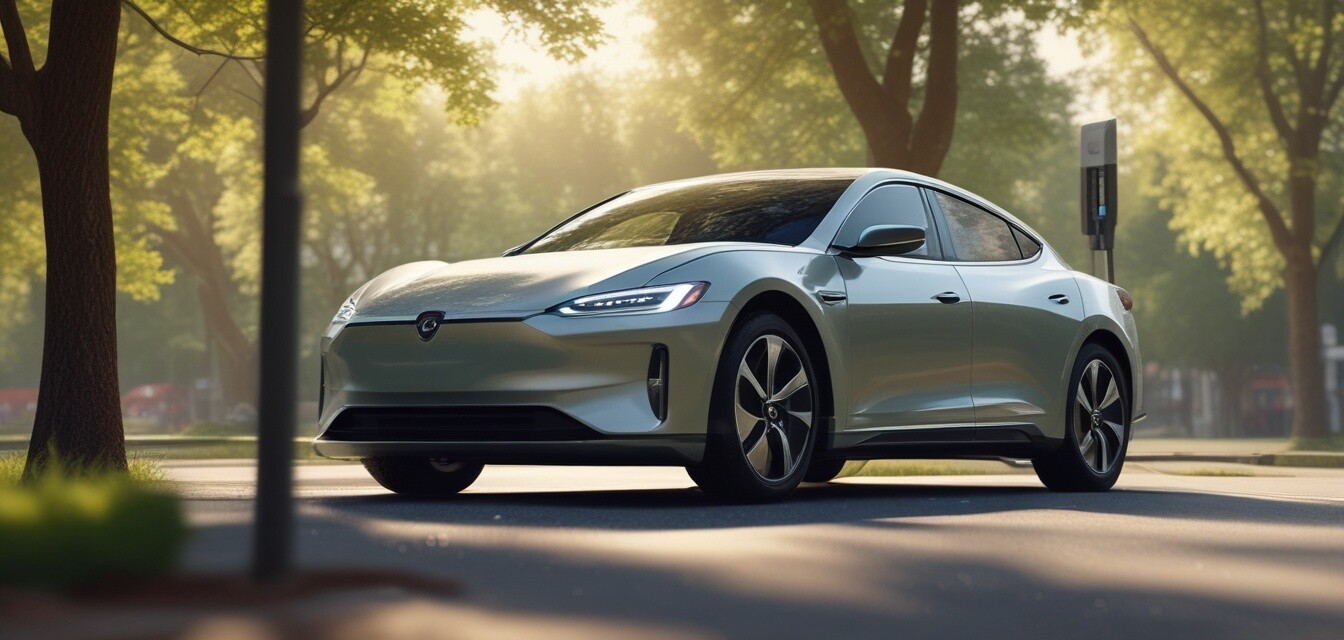
How to choose the right portable EV charger
Key Takeaways
- Understand the differences between charging speeds and their impact on your EV.
- Ensure the charger is compatible with your vehicle’s specifications.
- Consider portability and storage options based on your travel habits.
- Evaluate if smart features can enhance your charging experience.
With the rapid growth of electric vehicles (EVs), owning a portable EV charger has become increasingly important for EV owners. This guide offers vital tips to help you choose the ideal portable charger for your needs, ensuring convenience and efficiency in your charging experience.
Understanding Portable EV Chargers
Portable EV chargers allow you to charge your vehicle when you’re away from home. They offer the flexibility to charge your vehicle at various locations, from parking lots to campgrounds. However, not all portable EV chargers are created equal. Here’s what you need to know:
Types of Portable EV Chargers
| Type | Voltage | Charging Speed | Best For |
|---|---|---|---|
| Level 1 Charger | 120V | 4-8 miles per hour | Home use, overnight charging |
| Level 2 Charger | 240V | 10-60 miles per hour | Public charging stations, home charging |
| DC Fast Charger | DC | 60-80% in 30 minutes | Long-distance travel |
Key Considerations When Choosing a Portable EV Charger
1. Charging Speed
Different chargers offer varying charging speeds. Assessing speed is crucial based on your usage habits:
- Daily Commuters: Look for Level 2 chargers for quicker charging times.
- Long Trips: Consider a charger with DC Fast Charge capabilities for rapid replenishment.
2. Compatibility
Compatibility with your electric vehicle is essential to avoid inconvenience:
- Check whether your charger supports your vehicle’s connection type (Type 1, Type 2, or CCS).
- Confirm voltage requirements to ensure safety and performance.
3. Portability and Storage
Your lifestyle will dictate how portable you need your charger to be:
- Look for lightweight designs that are easy to carry.
- Check for storage options like carrying cases or compact dimensions.
4. Smart Features
Modern chargers come with smart features that enhance usability:
- Some chargers allow smartphone connectivity for monitoring.
- Features may include scheduling, usage tracking, and energy management options.
Tips for First-Time Buyers
- Research multiple brands; read product reviews for insights.
- Consider warranty options to protect your investment.
- Check local regulations regarding installation if necessary.
- Visit our buying guide section for additional tips.
Cost Overview
The price of portable EV chargers can vary significantly. Here’s a general cost range for different types:
| Charger Type | Price Range |
|---|---|
| Level 1 Charger | $200 - $600 |
| Level 2 Charger | $500 - $1,200 |
| DC Fast Charger | $10,000 - $40,000 |
Conclusion
Choosing the right portable EV charger is critical for your electric vehicle experience. Evaluate your needs based on charging speed, compatibility, and portability. By considering these factors, you will empower your charging experience, making it both easy and efficient.
Learn More
For more information about EV charging options, check out our articles on home charging stations and portable EV chargers.

